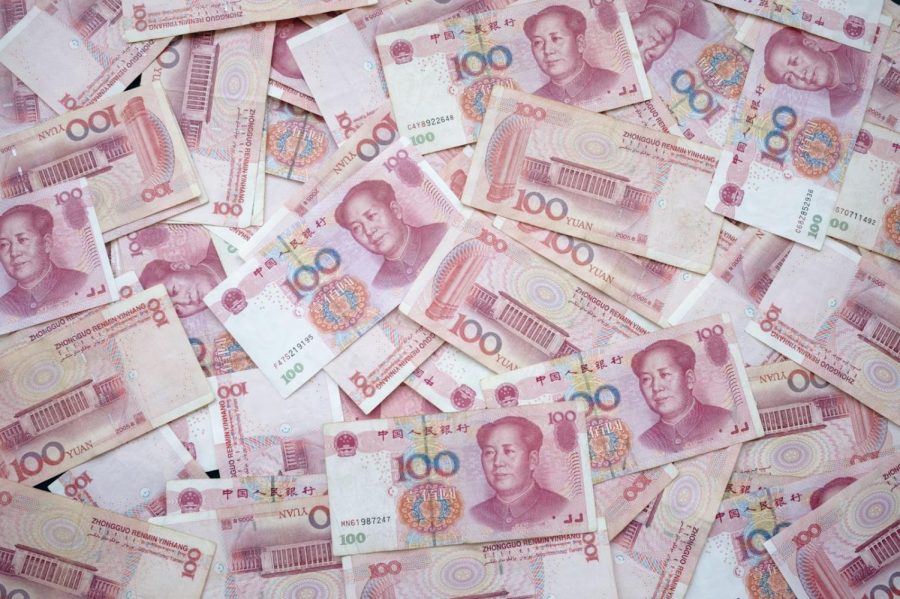A Digitized National Currency
How digital currency will revolutionize spending across the globe.
While countries continue to experiment with digitizing national currencies, it is important to remember the implications of how such developments will influence not only global politics but also the way that personal freedoms are interpreted.
A trend to be observed in the near future is that of governments creating digital national currencies to better serve their populations. The age of coin and paper is over with, as the precedent set by cryptocurrencies, such as Bitcoin, has become ever more influential in inducing the shift toward cyberspace.
While the United States Dollar trounces other currencies in international in terms of forex trades (‘forex’ is a is a portmanteau of foreign currency and exchange), accounting for over 88% of these transactions, the existence of the digital yuan challenges the notion that the dollar is king.
The electronic Chinese yuan is currently being tested in cities such as Beijing, Shanghai, and Shenzhen, in consumer spending experiments among outlets such as Starbucks and McDonald’s. During this year’s Chinese New Year celebrations, Beijing authorities issued $1.5 million in digital yuan through “red packets” as a way to test the currency and promote e-commerce to prepare for the Beijing Winter Olympics in 2022.
As another macroeconomic tool that will enable China to maintain its vice grip over heavy state surveillance, the digital yuan will be able to monitor consumer purchases, limit how much digital yuan can be held within a certain period of time, increase consumer confidence, limit counterfeited money, and collect data to leverage the Chinese economy on a system that is based on real-time information. It will even serve as a means to bypass economic sanctions imposed by the United States, granting China “monetary sovereignty.”
“The Chinese have created a problem for us by taking away our sanctions leverage,” said American diplomat Nicholas Burns.
On top of China’s early lead in 5G telecommunication, facial recognition, quantum satellites, and driverless cars, the development of the centralized electronic yuan is a concern for Congress members and leading economic experts in the United States.
The speed and efficiency that is presented with a digital national currency may allow the yuan to become a preferred currency, as China strengthens its financial ties with other countries. Recently, China has created a testing ground for its new digital currency in Mauritius, a nearby island nation in the Indian Ocean. Central banks in Hong Kong, Thailand, and the United Arab Emirates have conducted research on cross-border payments with digital currency through the use of distributed ledger activity, which hopes to make these forms of payment more efficient.
Falling behind in technological advancements, the United States could still close the gap by developing a digital dollar and working with other countries to create the digital Euro, Pound, and Yen. Yet time is of the essence, and “if we wait 5 or 10 years, we may well end up with some very bad policy choices,” as noted by former FED governor, Kevin Warsh.
At the moment, more than 60 countries have experimented with national digital currencies, according to the Bank for International Settlements. The Bahamas, for instance, has already benefited from issuing a digital currency to address unattended populations, where small fund transfers are expensive. The opportunities presented by digital currency open the door for people in more impoverished countries to move money internationally.
To defend United States economic supremacy, government officials need to treat the digitization of fiat money as a high-priority project, one that will not only protect the dollar, but will also help create more efficient ways for domestic and international commerce.
A trend to be observed in the near future is that of governments creating digital national currencies to better serve their populations. The age of coin and paper is over with, as the precedent set by cryptocurrencies, such as Bitcoin, has become ever more influential in inducing the shift toward cyberspace.
Arian Berisha is a Copy Chief for ‘The Science Survey,’ helping with quality control and copy-edits, while also writing for the school's newspaper....

